The brain is the most important part of our body and any signs and symptoms affecting it, shouldn’t be ignored. Initially, stress goes unnoticed, but when it turns to chronic stress – physical signs are visible and hard to ignore. When people suffer from high-stress levels, eating, sleeping, or working becomes really difficult for them.
Our body produces various enzymes which are controlled by the brain. Our brain is programmed to protect us from incoming threats, it does so by controlling our reflexes or releasing the various enzymes in the fight or flight situations.
Related: 10 Secret Areas Where You Store Stress In Your Body
When we panic even for reasons like a deadline, a flight, a performance, or maybe a date our brain thinks we are really under threat and trigger the reactions within the body, and when we calm down or when our body thinks the threat has passed it returns to a normal state. But if this doesn’t pass our body enters the high-stress level or sometimes chronic stress.
Chronic stress is very bad for our health. It directly affects our heart, sleep, appetite, anxiety, and depression. It’s important to know when the stress levels have risen too high.
Here are a few signs of chronic stress and how to control them
1. Racing thoughts
We can feel various thoughts shuffling in our heads. This causes us to lose focus on the task we are doing, be it cooking, studying, working, or a conversation. The racing thoughts totally disrupt our minds.
One way to make it go away is to stay away from electronics.
Take a pen and make a list of things you would like to do, start from the easiest one, it will make you feel under control.
2. Panic attack
During this situation, we feel we are entirely out of control of our body and that is not in a good way. We start feeling dizzy and everything seems frustrating and falling apart. Breathing exercises help the best in this situation.
Related: The Science Behind Mass Panic and How To Stay Sane During Coronavirus Outbreak
Breathing exercises are in fact yogic and best in easing panic attack. If possible find a peaceful place and place your hand on your heart and breathe through your nose (take longer breaths).
“Breath is the power behind all things…. I breathe in and know that good things will happen.” —Tao Porchon-Lynch
3. Insomnia
Insomnia is one of the most common symptoms of stress. Although we are tired and want to fall asleep, thoughts start the marathon. The racing thoughts keep you awake. Scientists say this is due to the use of technology i.e smartphones or laptops before going to bed. The blue light emitted from the gadgets suppresses melatonin, a hormone that induces sleep. Try switching off your gadgets for at least 30 minutes before going to sleep for better sleep.
Related: Insomnia 101: Causes, Symptoms Of Insomnia & How To Sleep Better
4. Tightening of muscles
Tightening our muscles at the thought of danger or in stressful situation put a lot of pressure on the muscles and joints often resulting in pain. There is another yogic exercise to ease this pain.
Clench your muscles as you breathe in and release them as you exhale. Repeat this for at least ten breaths. Alternatively, you can inhale and clench your muscle for 5 seconds and exhale as you release the muscle. These exercises induce muscle relaxation.
5. Stomach aches
Stress makes the body release different hormones like cortisol, which can affect different processes occurring in our stomach. Any enzyme in access can hurt us physically. Anxiety affects our digestive system, making you suffer from painful constipation and sometimes chronic diarrhea. To ease your digestive system, try tea containing ginger or peppermint. This helps the digestive system relax.
Related: How You Behave When Stressed According To Your Zodiac Sign
6. Gaining weight
Normally stress reduces appetite, so you eat less and lose weight but in the case of chronic stress, the case is different. In threatening situations, our body releases adrenaline which helps our body to keep functioning. When this happens your body responds by urging you to replenish your food stores. This is why you may get munchies while feeling stressed. This may result in emotional eating, weight gain, and obesity.
You shouldn’t ignore any signs of chronic stress your body is giving you. Listen and trust your body, it’s trying to tell you something is not wrong. If you find any of these symptoms try to gain control over your stress and seek expert guidance as soon as possible.
“Set peace of mind as your highest goal, and organize your life around it.” —Brian Tracy
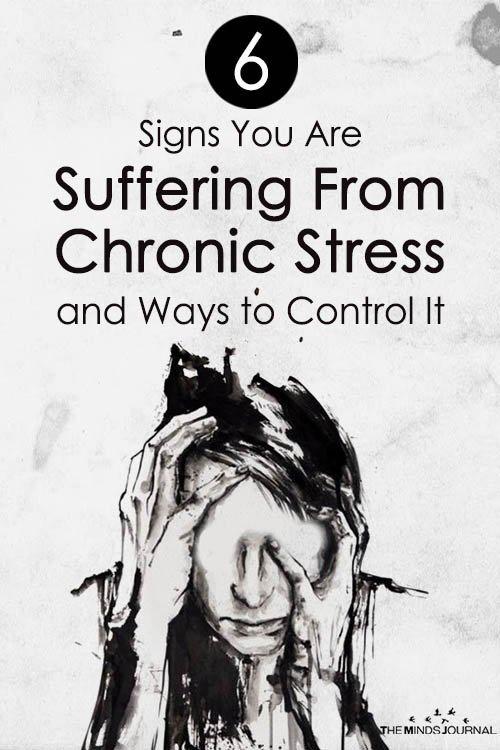
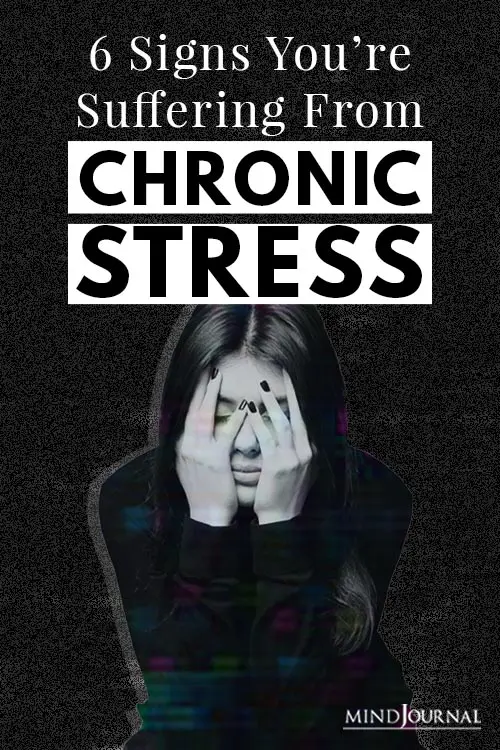

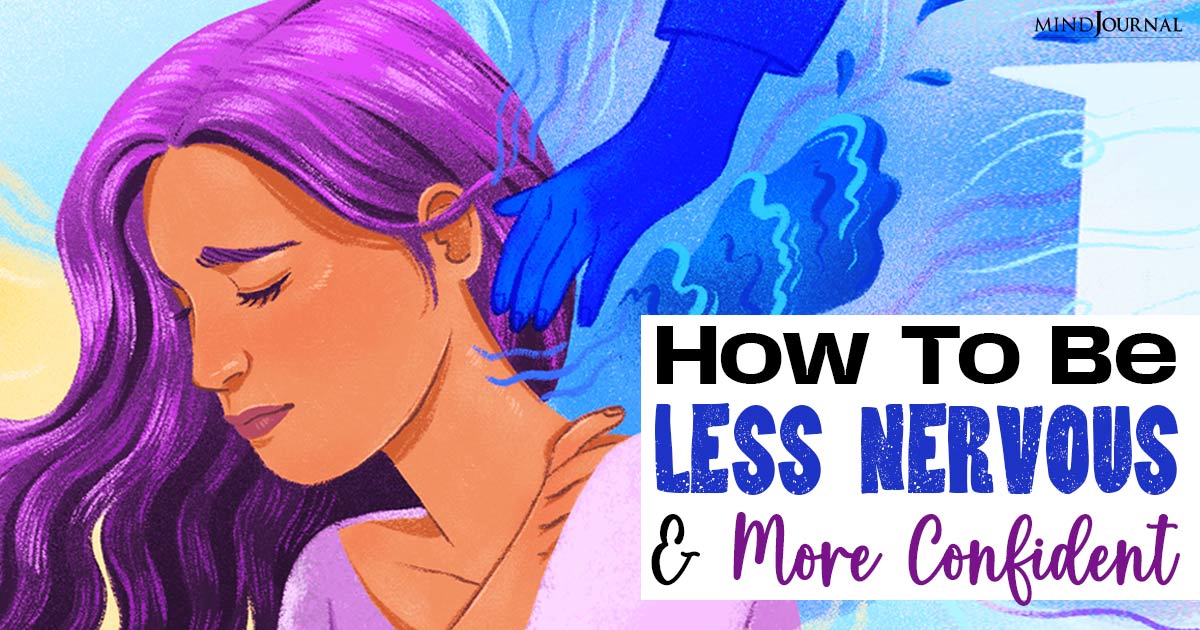


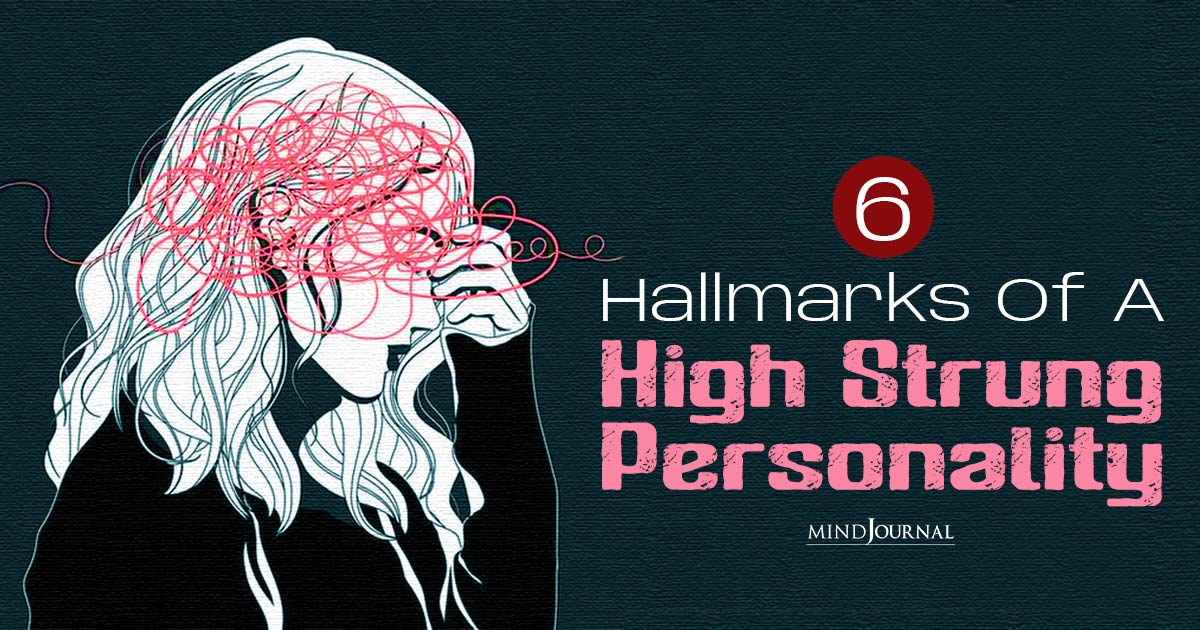
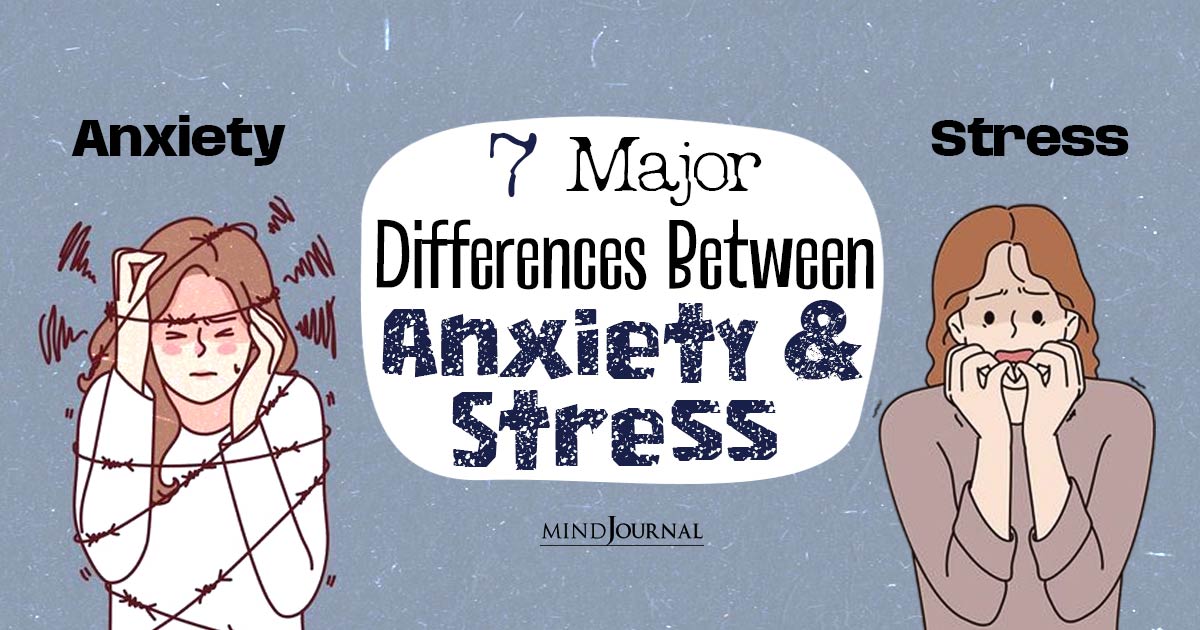


Leave a Reply
You must be logged in to post a comment.